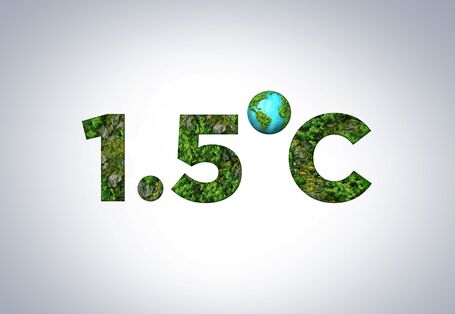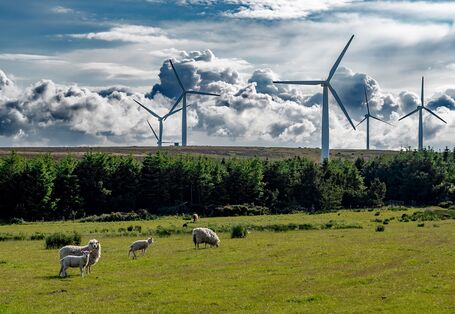Results of the Global Stocktake in the new NDCs

Every five years the Global Stocktake (GST) evaluates the progress in global climate action. It is the core element of the ambition mechanism of the Paris Agreement, according to which new Nationally Determined Contributions (NDCs) need to be more ambitious than previous ones. The results of the GST are to set the direction of the new NDCs. An UBA project analyses how the GST is reflected in NDCs.






